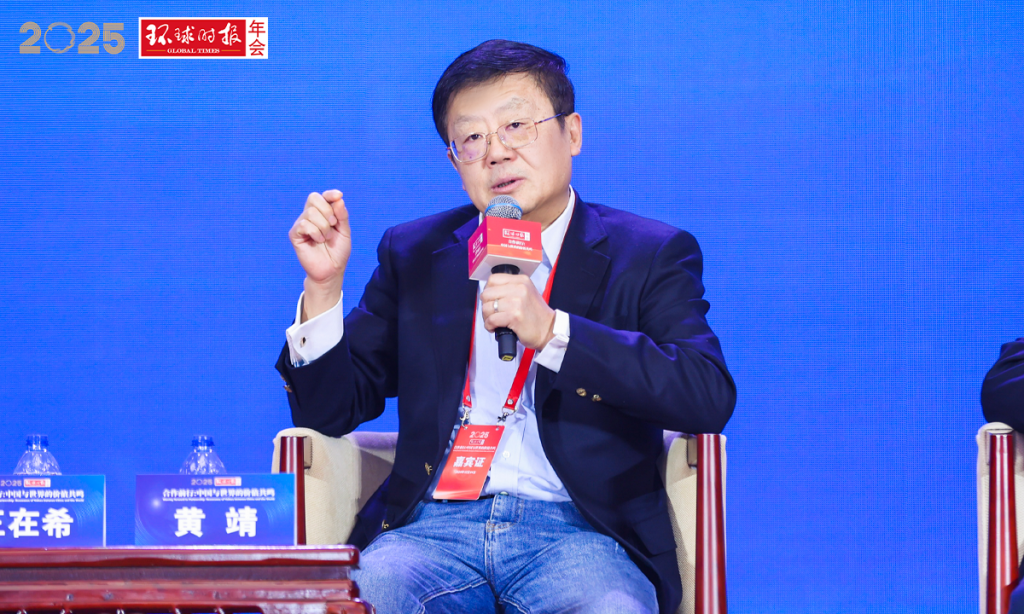In changing international landscape, 'a just cause attracts much support, an unjust one finds little,' 'just cause' refers to peaceful, stable development: Chinese scholar

The Global Times Annual Conference 2025, themed "Moving forward in Partnership: Resonance of Values between China and the World," is held in Beijing on Saturday. Experts and scholars engaged in discussions on the topic, "Exploring the path of great power relations: differences and consensus." Huang Jing, a distinguished professor at Shanghai International Studies University, said that among the current four major world powers - China, the US, India and Russia - China, India and Russia all belong to the Global South, and are also members of BRICS and the Shanghai Cooperation Organisation, this marks the most fundamental structural change in international landscape since the Industrial Revolution.
Huang said in this irreversible shift in the international landscape, "a just cause attracts much support, an unjust one finds little." This "just cause" refers to peaceful and stable development, which is the shared goal of the vast majority of countries and a global trend. In international affairs and major power relations, China has made the maintenance of peace and the promotion of development its primary responsibility as a major power. As a result, China's responsibility and achievements will receive positive responses and support.
Regarding the current international order, Huang outlined three fundamental pillars: The first is the international political order centered around the United Nations; The second is the global economic and trade order framed by the World Trade Organization, the Organization for Economic Cooperation and Development, the Regional Comprehensive Economic Partnership, and the Comprehensive and Progressive Agreement for Trans-Pacific Partnership; The third is the international financial order supported by institutions like the World Bank, the International Monetary Fund, the Asian Infrastructure Investment Bank, and the Asian Development Bank. The common feature of these three pillars is their foundation in multilateral mechanisms, created collectively by all, rather than dominated by any single major power. For this reason, China firmly upholds multilateralism in international affairs, and advocates for global governance based on multilateral mechanisms.